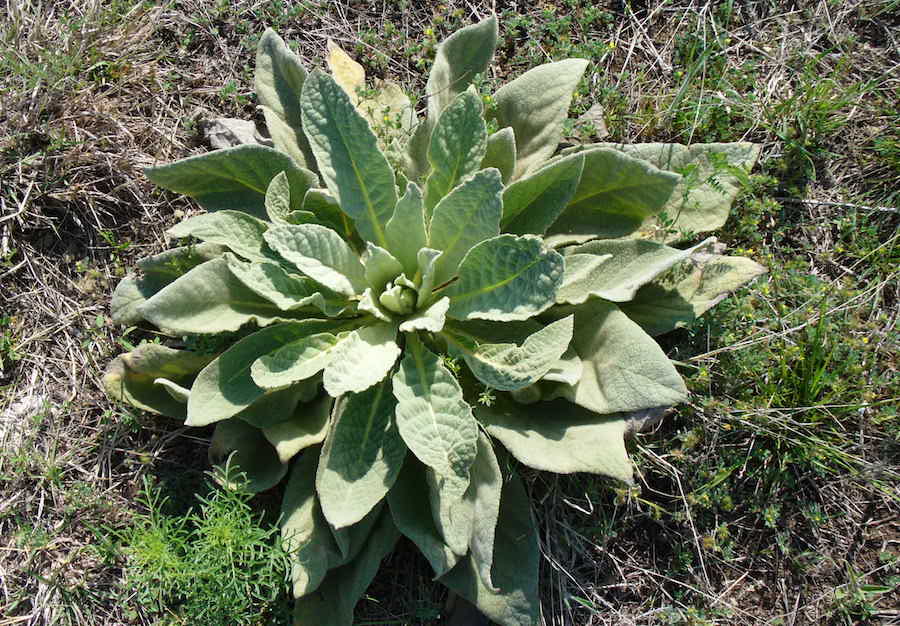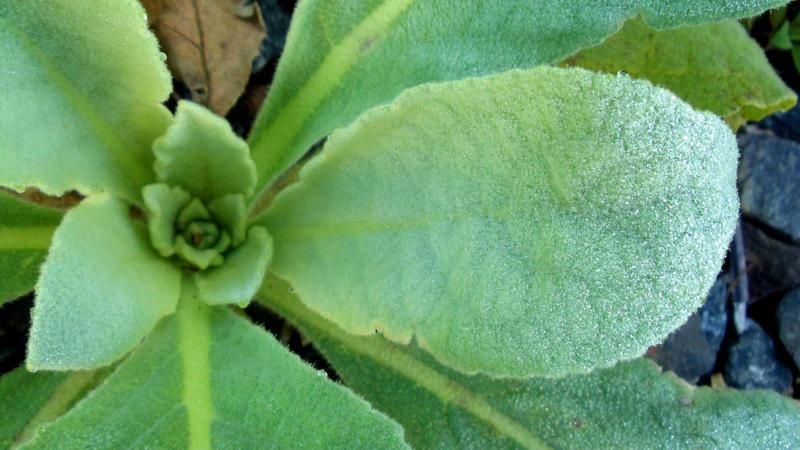This Plant is a Powerful Medicine that Should Be in Your First Aid Kit
This Plant is a Powerful Medicine that Should Be in Your First Aid Kit
Mullein, formally known as verbascum thapsus, is often times called velvet plant or elephant’s ear due to the hairy leaves that are, rather than being prickly as are most fuzzy looking plants, quite soft and supple.
This herb can be found abundantly in most environments, even where no one intended it to grow, and like many plants that people call weeds, it has many uses in everyday life and particularly in survival situations. In taking a look back at how our forefathers used mullein, we can get a good idea of how it could help us if the world as we know it comes to an end.
Medical Applications
These plants, which are found in the wild and in herb gardens all over the world, have been used by healers for ages for assorted uses. As is always the case, be cautious when using herbal remedies to treat any condition, and you should consult a physician before using herbal medicine.
Chest Infection: The dried or fresh flowers of the mullein plant are often used to improve coughs and other lung and airway issues such as bronchitis, asthma, or croup. Historically, it was frequently used to treat consumption, or tuberculosis. Tea made from mullein with honey added makes a great sore throat cure. It is a well-known cold and flu remedy. It’s great for these things because of its expectorant and soothing properties, plus its ability to fight infection.
Pain Relief, Anti-Inflammatory, and Soothing: This plant is said to help reduce pain and inflammation when used topically on the affected area or in a tonic or tea with effects similar to aspirin or modern day NSAIDs and acetaminophen. The ability to apply this anti-inflammatory skin soother topically makes it an ideal remedy for hemorrhoids, as well.
Anti Bacterial Properties: Cowboy’s bandages is called just that because it makes a great bandage, even where more modern alternatives are available. This is because it has antibacterial, antiviral, and antifungal properties. This means that along with providing a soft, gentle barrier, the leaves of the mullein plant can help fight off infection in wounds. Tea made from the mullein plant has also been used as a sort of internal antibiotic for treating mild infections. Clinical indications show that mullein may be an effective home remedy for ear infections when placed directly into the ear as a part of an herbal solution.
Healing and Coagulation Agent: A poultice of mullein leaves and flowers is oftentimes used to improve the condition of bruises and damaged connective tissue or bones. The pain relieving and anti-inflammatory properties of this plant make it ideal for helping broken bones and sprains and strains to be less painful.
Bladder Support: This herb, the root in particular, is often used to help support the urinary system. It is frequently used to treat urinary incontinence in bedwetting children and adults with bladder control issues. Urinary tract infections may also be treated with mullein.

In the Garden
Adding Plant Life in Areas Ravaged by Animals: Most animals, like goats and deer, avoid eating mullein. This means that the hearty herb is a great way to keep an area from being eaten down to soil when these animals are damaging the landscape. Keeping plant life in the soil can help to prevent erosion and flooding in an area.
Adds Nitrogen to Soil: This plant gives vital nitrogen back to the soil, so it can be used to improve soil conditions for other plants, particularly plants that need lots of nitrogen. Because it is so easy to find, identify, and grow, it would be an ideal way to build up soil for smaller gardens.
Attracts Good Insects, Deters Bad: Mullein blooms attract pollinators that help plants to reproduce, and it is repellent to many bugs that many do your garden harm. Planting it is easy, and it will grow almost anywhere, so consider planting it around your garden in order to provide an insect barrier.
Be the first to post a message!
